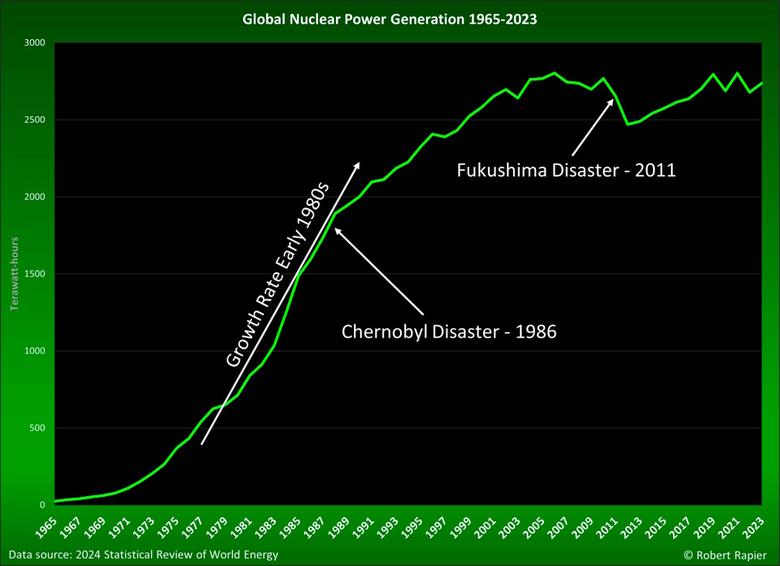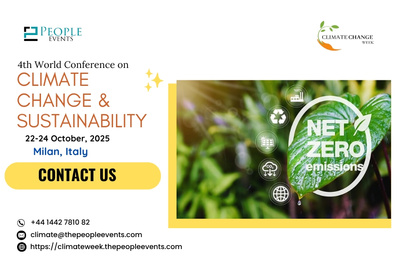
2024-08-28 06:45:00
Earlier:
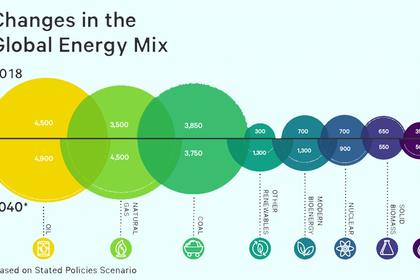
2024, August, 22, 06:30:00
GLOBAL ENERGY SYSTEM CHANGES
Clean energy technologies like solar, wind, electric cars, and heat pumps seem to be reshaping the power that we deploy today in factories, vehicles, home appliances and heating systems.
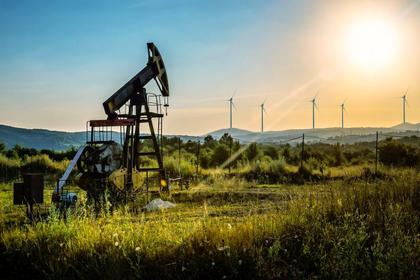
2024, June, 5, 06:45:00
GLOBAL ENERGY SYNERGY
The synergy between carbon-based fuels and renewables in energy trading, facilitated by innovative policies and supported by advanced software technology, offers transformative opportunities for the energy sector.
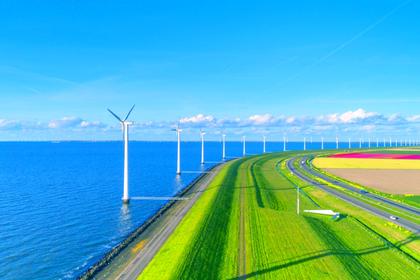
2024, June, 5, 06:40:00
GLOBAL IRRATIONAL ENERGY TRANSITION
The apparent enthusiasm of the UN and the governments of the developed nations for Net Zero by 2050 is not shared by the developing and not-yet-developing nations, which place higher priority on economic development, with little regard for the resulting greenhouse gas emissions.
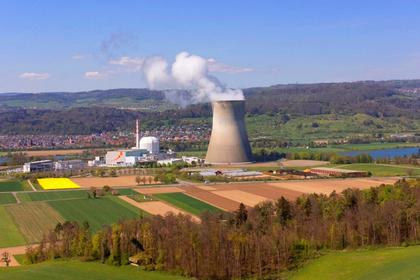
2024, May, 7, 06:35:00
GLOBAL NUCLEAR ENERGY RISKS
The nuclear energy future that is being proposed now – small, flexible reactors distributed everywhere for many uses besides electricity – will not reduce, but will add to the
national security risks that are unique to nuclear energy. On top of this, cooperation among key states essential to minimize the safety, security and proliferation risks of nuclear energy is at an all-time low.
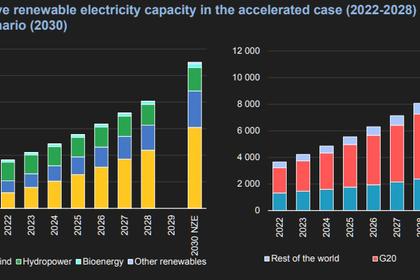
2024, May, 3, 06:35:00
GLOBAL CLEAN ENERGY TRANSITION
Decarbonization is synonymous with the energy transition.
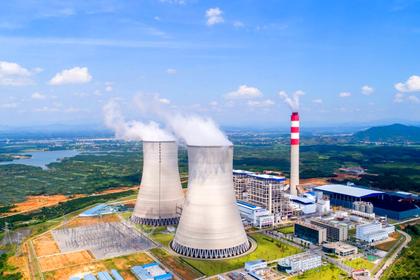
2024, April, 17, 06:45:00
GLOBAL NUCLEAR CLIMATE RISKS
"Climate change is expected to exacerbate natural hazards - including heat, drought, wildfires, flooding, hurricanes, and sea level rise," the GAO notes.
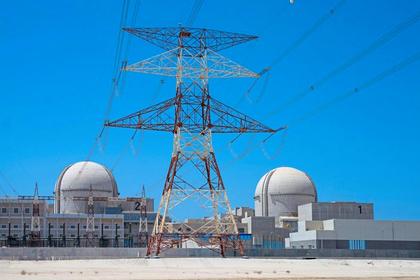
2024, February, 16, 06:40:00
GLOBAL CLEAN NUCLEAR POWER
"Those countries that opt to use nuclear energy or support its use recognise its potential as a clean energy source that can reduce dependence on fossil fuels, to address the climate crisis and improve global energy security," a ministerial communiqué released at the end of the event said.
